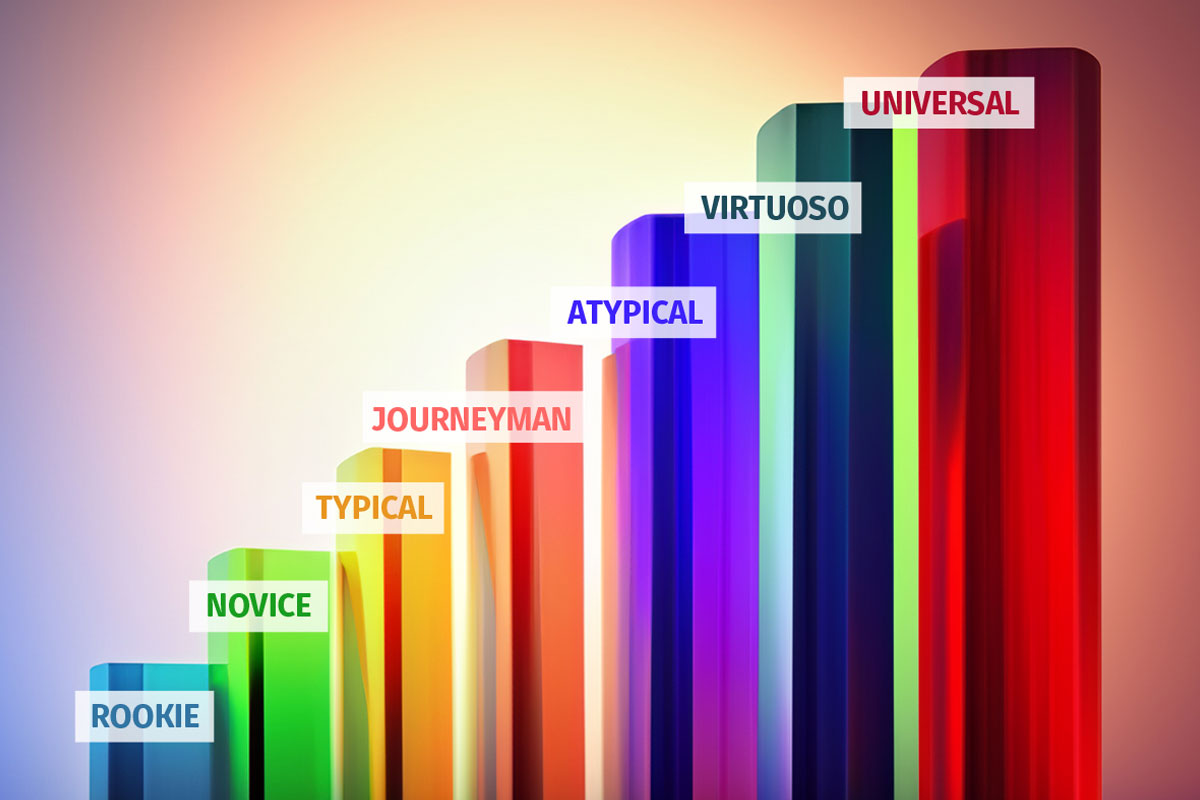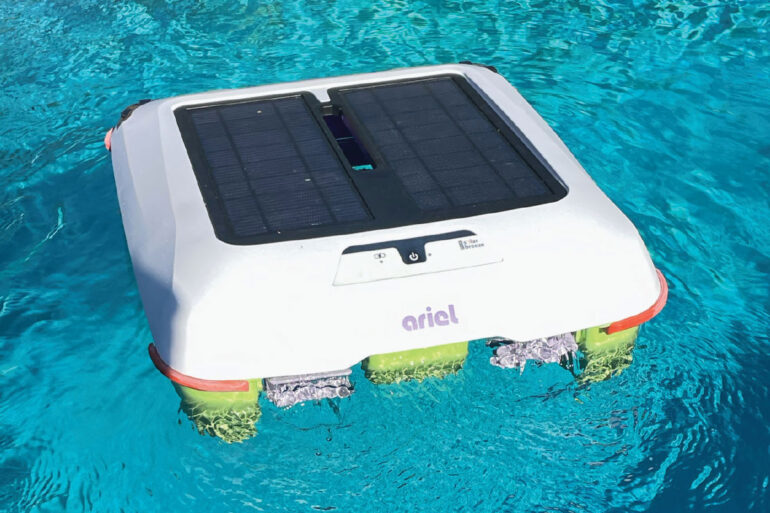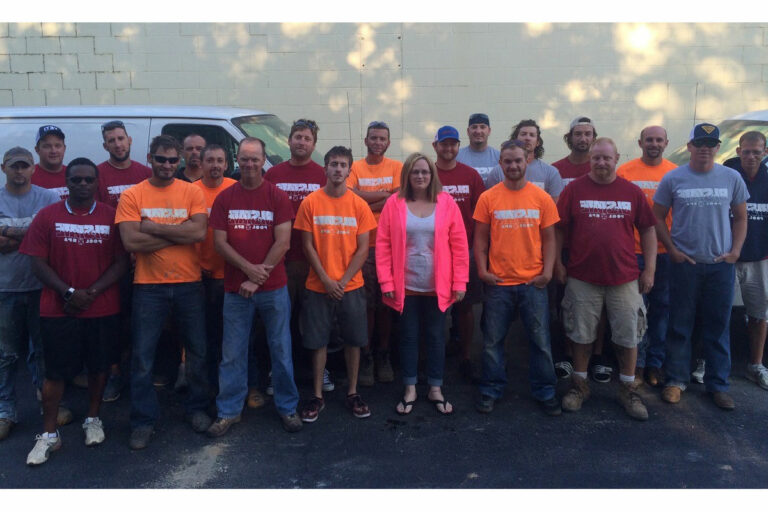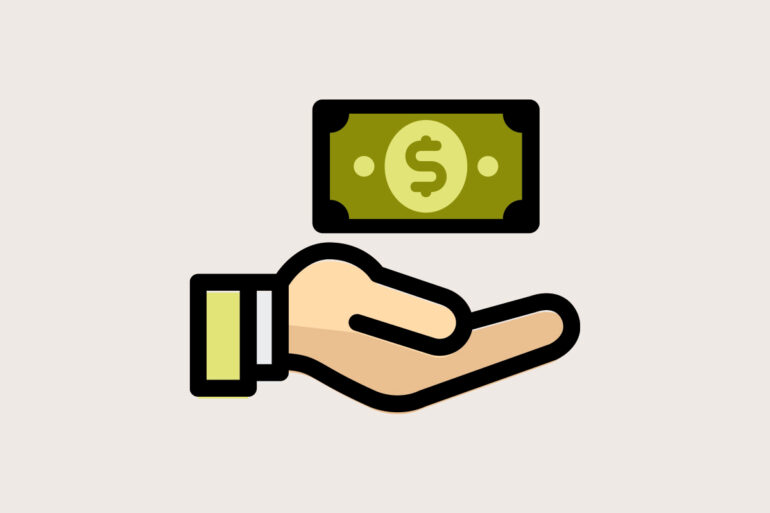Flatlining to Flourishing

Part two of rethinking the sales role
Why do some acquire basic sales skills but never develop further, either flatlining or flaming out?
There are a few reasons. The most optimistic is that sales delegates are unaware of skill development levels, the importance of life principles and the significance of the sales process in growth.
Unfortunately, I see a lack of consistent effort, cognitive rigidity (the inability to adapt to new demands or information), bad habits and a lack of commitment. These are hard to overcome. All the books, training and reinforcement will not help someone who doesn’t want to help themselves.
However, for those looking to improve, there is a way to do so, which involves learning new information, concepts and strategies to develop skills.
Awareness as a key concept
I am an optimist. I have always believed no matter our skill level, there is another level in front of us, and we are all aspiring to reach it. When we think back to the negative view of salespeople and the associated words, these are the perceived available levels:
• Rookie: brand new
• Novice: new but learning
• Typical: The sales version of arrested development; a plateau that we get stuck at, not realizing that this is a base level we need to move on from as soon as possible.
Typical is flatlining — getting to a point and stopping. Sales is a profession like any other; no lawyer, doctor, teacher, accountant, engineer, etc. is at their best early in their careers. Expertise and value are generated over time with experience and skill development.
I believe no one wants to be stuck at the Typical level and is instead seeking a sustainable way to develop.
These are the actual levels:
- Journeyman: Still developing but valuable; this is when the realization occurs that there is a lot more required to sustain high levels of sales success, as well as the choice to do the work required.
- Atypical: The opposite of Typical. This is where I always thought we all wanted to go. It isn’t easy, and one of the key components to getting there is a values-based approach to work, as discussed in my last article. This level has expectations of more than a 50% sales closing ratio.
- Virtuoso: A higher level of personal and professional skills and mastery, resulting in an 80% closing ratio expectation and achievement.
- Universal: The highest level of personal and professional development, values and principles embodied in all endeavors. This takes decades if we can achieve it at all.
Here’s the thing — getting to Typical is the minimum of what you can do. Show up, know the basics about the products you sell and close 20% of opportunities (20% is the number of customers who will buy regardless of the sales effort). Becoming Atypical and a Virtuoso is not only about what you do but who you are.
I use the term life principle, meaning the things that don’t take care of themselves. These require our awareness because of:
- Entropy: Entropy is defined by a lack of order and predictability or a gradual decline into disorder. Stated another way — things left unattended get worse.
- Who we bring to the work: This is as important as the work itself, so no matter how well we might be performing in some of these areas, failure in any of the others can derail us.
The life principles we must focus on and bring to work every day are:
- Physical: diet, exercise and sleep
- Mental: reading, writing and learning
- Spiritual: morals, ethics and reverence for life
- Relational: friends, family and colleagues
- Financial: spending, saving and debt
The AI-generated image to the left shows these values and life principles are just words until we embody them wholeheartedly. This takes time, awareness and effort.
There is no such thing as differentiating between personal and professional or work/life balance — there is just life, and we spend 60% of it at work, so who we are is critical to our development.
Entrepreneur and author Jim Rohn, a significant influence on me, said, “You have to work harder on yourself than you do your job.” It took me 40 years to fully appreciate what he meant. This is the path to growth and development and is the work that creates sustainability in our lives and careers.
No one can make you follow this path. There is no extrinsic mechanism for adults to grow and develop except by their own desire, mindset and discipline.
There is a famous example of a company that had personal development in its job descriptions. It had time allotted and paid for the development, but it was sued by some employees because it “violated their rights to not develop at all.”
Information that creates forward motion is for the people who want to hear the message, not necessarily the people who need the message.
Rethink
Take an honest assessment of where you are in your sales career and the personal part of the equation. Renowned physicist Richard Feynman said it best: “You must not fool yourself, and you are the easiest person to fool.”
Be aware of the principled reality that who we bring to the work is as important (if not more) than the work itself. Without life principles, work becomes one-dimensional and leads to dissatisfaction, burnout and, worst of all, flatlining.
A values-based and principled sales delegate is just the start. What we need now (and are ready for) is a process that will get us the outcomes we desire, allowing us to continue to grow, learn and become experts at selling.
In the next article, we will discuss the seven steps of the sales process.






